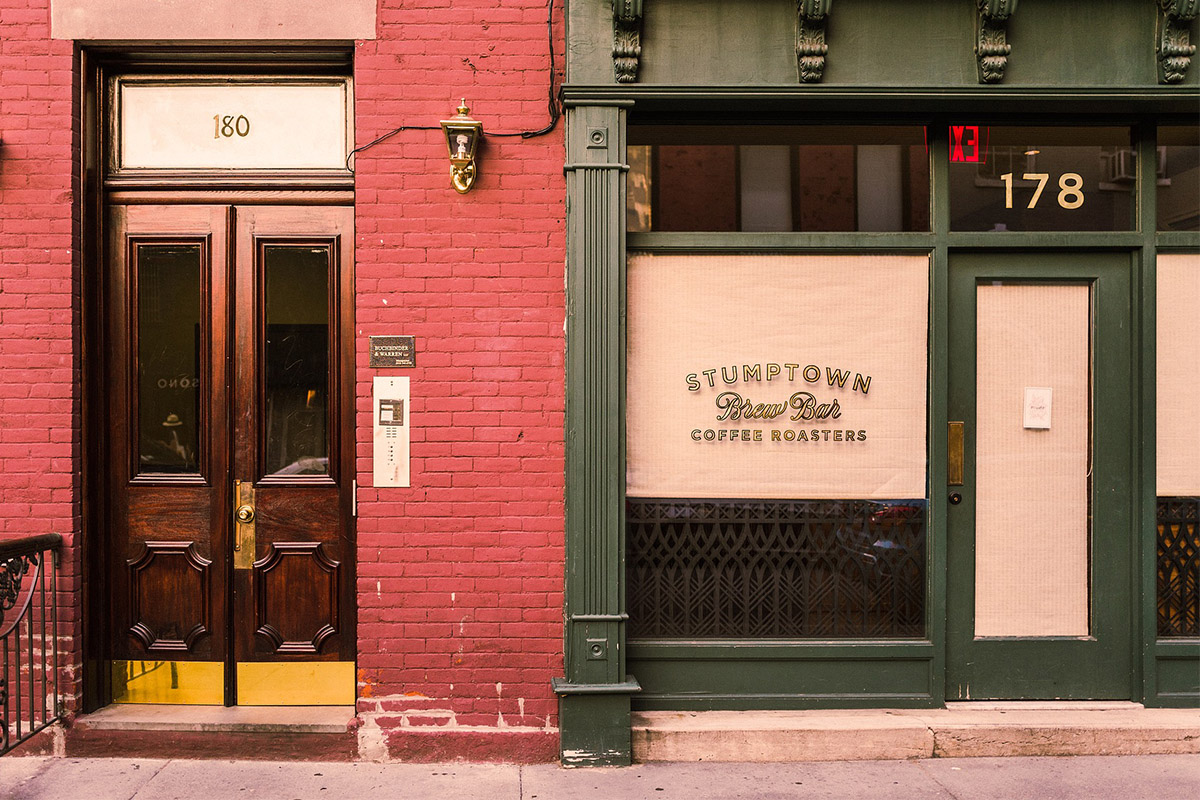When opening a new retail business or expanding an existing one, it is important to ensure product availability for customers. The proper location plays an important role. A well-chosen commercial real estate for retail stores will help you effectively organize your activity and take your business to a new level.
How does the retail property affect business success
The search for a rental property depends on the type of goods that will be sold there and its volumes. This information is needed to clearly calculate the square footage of the room. If you are planning a clothing store, shoes or cosmetics, you should pay attention to the rental of space with anchor tenants in shopping centers. For retail food stores, the best properties will be in the sector of street-retail. Do not forget about the legal aspect — you should register an LLC before searching for real estate or register as a private entrepreneur.
The choice of commercial real estate for a store may in one way or another affect the profitability of a business. In a small store, the product takes up all the space; it will be inconvenient for a large flow of people to move. If the area is too spacious, you will have to overpay for the rent of unused space.
Determine what size of property you need, study the number of units of goods, compare with the prospects and plans for expanding the range for 1-2 years. The rent for the premises should be no more than 15-25% of the revenue, otherwise, the business will be unprofitable.
Search options for commercial real estate store
You need to use all the available options to search for the perfect property. This may be newspaper ads, publications on specialized sites or forums. Please note that the ads prescribe the cost of the minimum area that they are willing to take. The price of the property is affected by its location — in large shopping centers or in places of large crowds of people, rent will be more expensive.
To save time and effort it is better to use the services of real estate agencies. Their commission ranges from 10 to 30% of the cost of the store, but the manager is obliged to provide several options for properties that meet your requirements. Some agencies work without commission, which will help reduce costs.

Once you find a retail property that meets your needs , you should take care of the legal aspects. If you doubt your own competence, you can use the services of a hired specialist.
Before concluding a transaction, the lessor must provide a package of documents:
● the lease agreement;
● documents confirming ownership of the premises. This may be a certificate of ownership or other papers;
● documents confirming the identity of the property owner and the type of activity.
The information in the legal entity certificate and the lease agreement must be the same.
Read each clause of the agreement carefully to analyze whether the terms of the lease suit you. Some property owners may include in the contract a clause on raising the rent payment several times a year — such points should be negotiated by both parties.
If you are satisfied with the agreement, you can sign the paper and begin preparing the premises for the opening.
